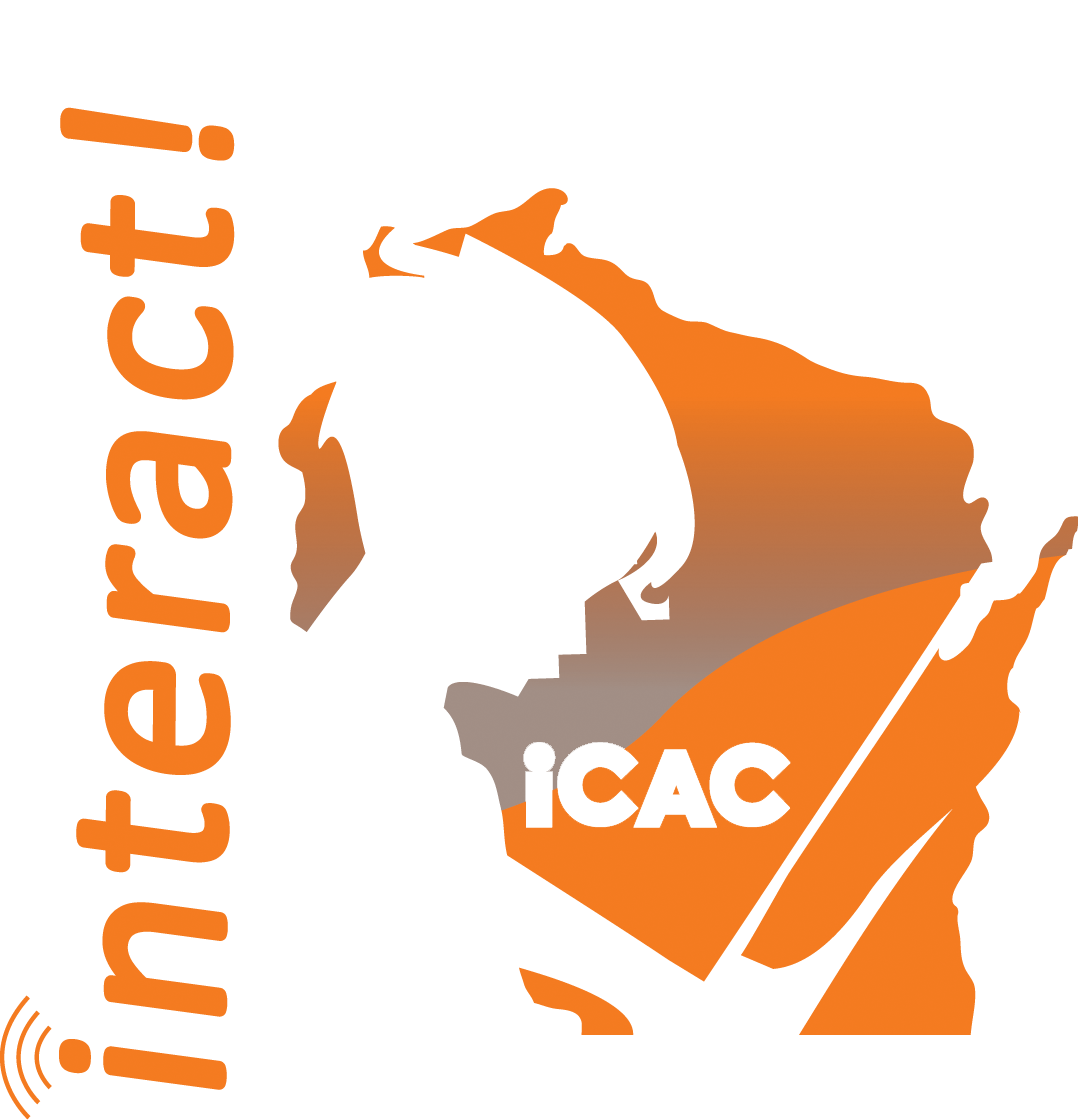Social Networking Sites
At Home & Online: Tips for Virtual Learners
Check out the links below for some great resources to help with activities for the kids, stress reduction for your family, and safety tips for increased screen time.
Looking for general online safety information? Click the tabs to the left for additional resources, such as podcasts, online modules, tip sheets, and more!
- National Center for Missing & Exploited Children
- Centers for Disease Control and Prevention
- Common Sense: Wide Open School
Social networking sites are places on the Internet where people can meet one another, communicate and interact. Social networking and communication are normal parts of the human experience. Young people are naturally curious about themselves, about others, and about the world and the sites permit them to reach out to others from around the globe, sometimes with tragic results.
interact!
Frequent discussions with your child about online safety and their online lives can have a major influence on a child's behavior. Interact! is an online, interactive e-course created for parents and guardians to complete with their children with the goal of sparking basic online safety discussions in the home. These modules, varying from approximately 15-45 minutes, provide parents with the opportunity to review their own tech use to set a good online example; interactive activities to complete alongside their children; and follow-up resources and activities to keep the discussions going. Be your child’s trusted adult. Interact!, and stay safe!
The interact! program was created by the Wisconsin Department of Justice – Internet Crimes Against Children Task Force and the Wisconsin Department of Public Instruction to help keep kids safe online.
Please click on the image below to launch interact! (Now available in English and Spanish)
Module 1: Basic Online Safety
English Spanish
Module 2: Oversharing
English Spanish
Module 3: Encouraging Healthy Online Behaviors
English Spanish
Why are social networking sites popular?
Most social networking sites are free and supported by advertisers who hope users will buy products or services advertised on the sites. Young people who are curious and seeking relationships and new experiences visit the sites to find others.
How do the sites work?
How do the sites work? Any computer with Internet access can be used to permit someone to join a site. Some sites require only that the registrant provide an email address and often there is no verification process to check the truthfulness of any of the information that a registrant provides. Most sites require that users abide by conditions and terms of use meant to thwart improper conduct, but enforcement is often lax. Once a registrant becomes a member, he or she can post personal information, images or other information depending upon the features available at the site. Unless a user chooses privacy options, all posted information may be visible to any other user of a site.
Some sites are created to be used anonymously, which can add to the risk of using the app or site. It is important to research the apps and social networking sites you, your children, and your teenagers are using, and talk to them about safety measures and potential risks.
What are the dangers?
Those who misuse the sites may do so in many ways, including:
- Luring/enticement. Internet sexual predators and known sex offenders have used social networking sites to locate and lure victims.
- Identity theft. Criminals steal the identities of those who post personal information.
- Cyberbullying/harassment. Agitators post derogatory, hurtful or threatening information about others.
- Stalking. Stalkers can use personal information posted to sites to locate and pursue victims.
- Fraud schemes. Criminals who wish to defraud others of money or property can locate victims, gain their trust and then take advantage of that trust for criminal purposes.
- Inappropriate sexual content. Some users post sexually explicit information that is inappropriate for young computer users.
What tips will help my child avoid these dangers?
- Understand that all items posted can be viewed by others, including college admissions offices, parents and potential predators.
- Do not post personal images.
- Do not post personal information --- including full name, age or date of birth, home or business address, school name or grade.
- Do not post personal information regarding friends to your site or to their site.
- Do not post your calendar of upcoming events or information about your future whereabouts.
- Social Networking sites often have a minimum age necessary to create an account. Make sure you check the websites your children want to be a part of and see that they meet these requirements before allowing them to open a page.
Interested in joining our Wisconsin Community & Parent email list for online safety updates and information? Subscribe HERE, see archived publications, or contact us at and request to be added to the Parent/Community Email List!

